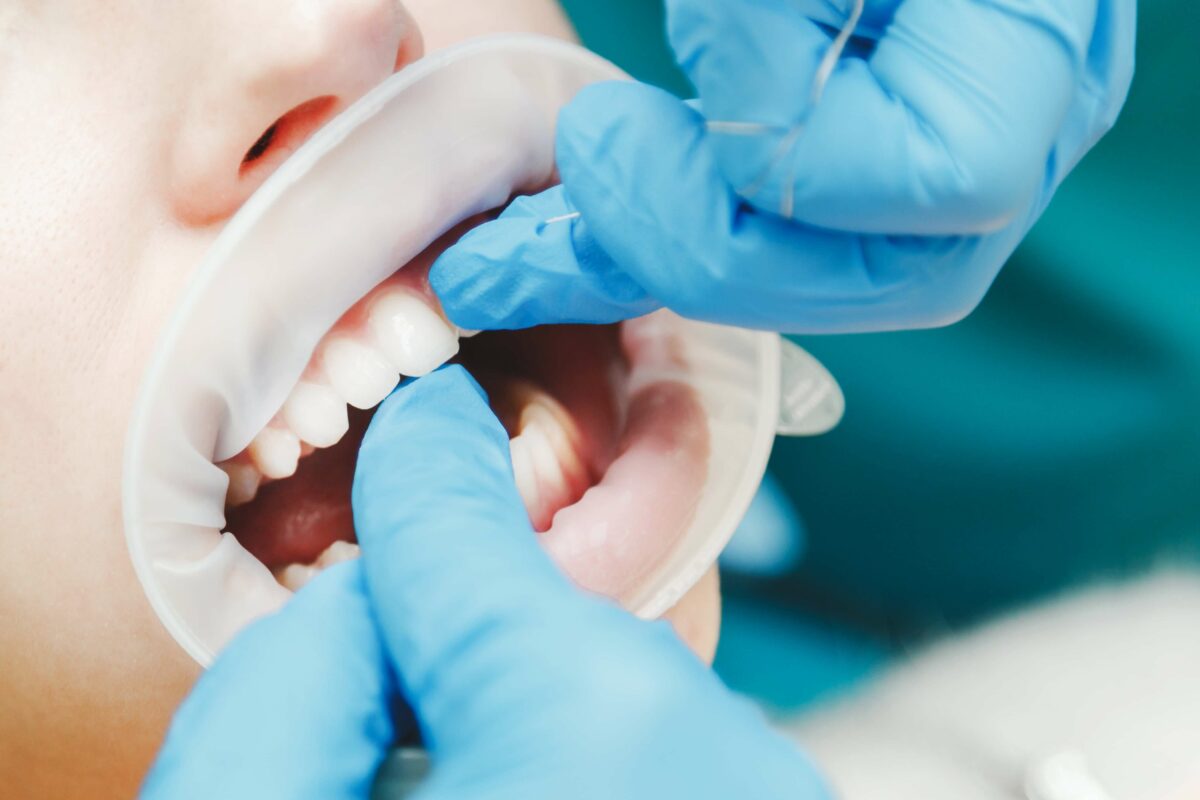Brushing, flossing, and regular dental visits are frequently mentioned as important dental hygiene measures. However, the meals and beverages we consume play an important part in sustaining dental health. Just as New Yorkers are well-versed in the city’s top restaurants, it’s critical to be aware of which foods are dentist-approved for our pearly teeth.
1. Healthy Teeth Building Blocks: Certain foods are known for their capacity to support dental health:
Calcium-Rich Foods: Dairy products such as milk and plain yogurt, as well as nondairy sources such as leafy greens and almonds, are high in calcium. They aid in the preservation of bone structure and the strength of teeth.
Phosphorus Sources: Meat, poultry, fish, and eggs are high in phosphorus, another mineral required for healthy enamel.
2. Fruits and vegetables that are crunchy and fresh:
Fruits and vegetables are excellent to oral health in addition to their numerous health advantages. Their high water and fiber content functions as a natural toothbrush, cleaning teeth and stimulating saliva production. This natural mechanism aids in the neutralization of toxic acids and the removal of food particles.
3. Oral Health Hydration:
While many beverages can be harmful to tooth health due to their sugar content, water is the best oral-friendly drink. It functions as a natural cleanser, aids in saliva production, and keeps our mouths hydrated, preventing dry mouth, which can contribute to foul breath and other oral health problems.
4. Probiotics and Polyphenols – Beyond Digestion:
Probiotics are well-known for their digestive health benefits, but they also play an important role in dental health. These ‘friendly’ bacteria fight off the bad bacteria, resulting in a healthy dental environment. Polyphenols, which are present in foods such as berries, are recognized for their bacteria-fighting properties, which can help reduce the incidence of cavities.
5. Moderation and Balance:
As the ADA suggests, it is important to consume a balanced diet that caters to both general and oral health. Sugary foods can cause cavities, and foods with bright colors can discolor the teeth. It’s a good idea to rinse your mouth with water after consuming such foods or beverages.





